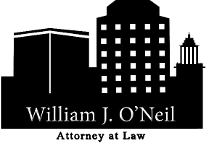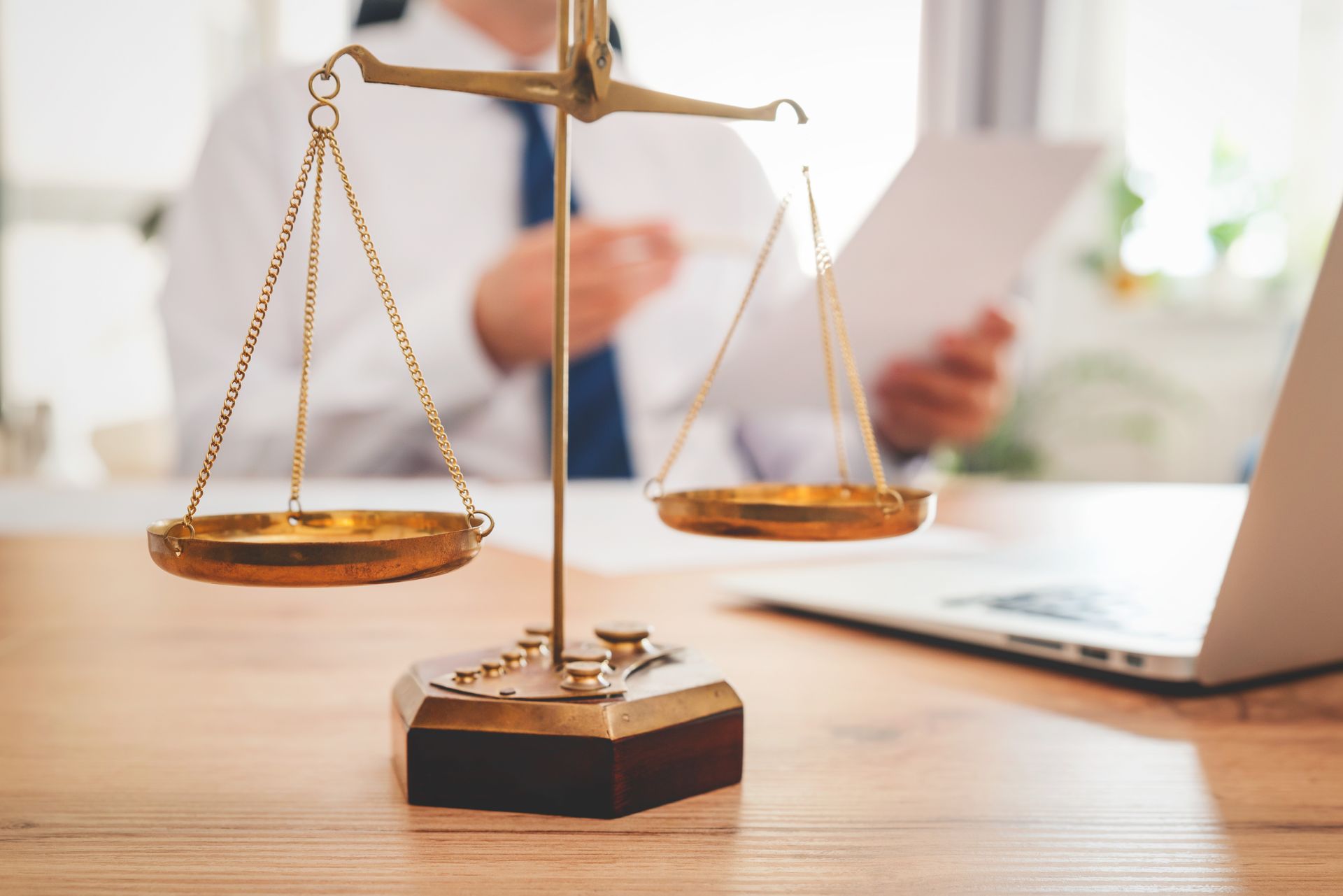Contact Us
Phone: 413-675-5151
Location
280 North Main St
Suite 6
East Longmeadow, MA 01028
Hours
- Mon - Fri
- -
- Saturday
- -
- Sunday
- Closed
Chapter 7 vs Chapter 13 Bankruptcy: Which is Right for You?
Chapter 7 vs Chapter 13 Bankruptcy: Which is Right for You?
Financial struggles can happen to anyone, and when they do, it's important to understand the options available to get your financial life back on track. One of these options is bankruptcy, which is a legal process that can provide a fresh financial start for those who are struggling with overwhelming debt. However, there are different types of bankruptcy, and it's important to understand the differences between them. In this blog post, we'll explore the difference between Chapter 7 and Chapter 13 bankruptcy, as well as who should file for each.
Chapter 7 bankruptcy is often referred to as "liquidation bankruptcy" because it involves the liquidation of the debtor's non-exempt assets, which are then used to pay off creditors. Once the assets are liquidated, any remaining debt is discharged. Chapter 7 bankruptcy is typically used by individuals who have little to no assets and a large amount of unsecured debt, such as credit cards and medical bills. This type of bankruptcy is typically a faster and less expensive process than Chapter 13 bankruptcy and is often completed within a few months.
Chapter 13 bankruptcy, on the other hand, is often referred to as "reorganization bankruptcy" because it involves the restructuring of the debtor's debt, rather than the liquidation of assets. Under Chapter 13 bankruptcy, the debtor is required to create a repayment plan that lasts between three and five years. The repayment plan is designed to help debtors get caught up on missed payments and pay back a portion of their debt. Once the repayment plan is complete, any remaining dischargeable debt is discharged. Chapter 13 bankruptcy is typically used by individuals who have regular income and non-exempt assets that they want to keep.
Who should file for Chapter 13 bankruptcy?
If you have a regular income and non-exempt assets that you want to keep, Chapter 13 bankruptcy may be the right option for you. This type of bankruptcy allows you to keep your assets while creating a repayment plan that fits your budget. Chapter 13 bankruptcy can also be beneficial if you are behind on mortgage or car payments, as it can help you get caught up on missed payments and avoid foreclosure or repossession.
Who should file for Chapter 7 bankruptcy?
If you have little to no assets and a large amount of unsecured debt, Chapter 7 bankruptcy may be the right option for you. This type of bankruptcy can provide a fresh start by discharging your unsecured debt and freeing up your income for necessary living expenses. However, it's important to note that not all debt can be discharged under Chapter 7 bankruptcy, such as student loans and recent taxes.
In conclusion, choosing between Chapter 7 and Chapter 13 bankruptcy can be a difficult decision. It's important to carefully consider your financial situation and the type of bankruptcy that will work best for you. At The Law Office of William J. O'Neil, we understand that financial struggles can be overwhelming. That's why we're dedicated to helping Massachusetts residents navigate the bankruptcy process and find a solution that works for them. Contact us today to schedule a consultation and take the first step towards financial freedom.

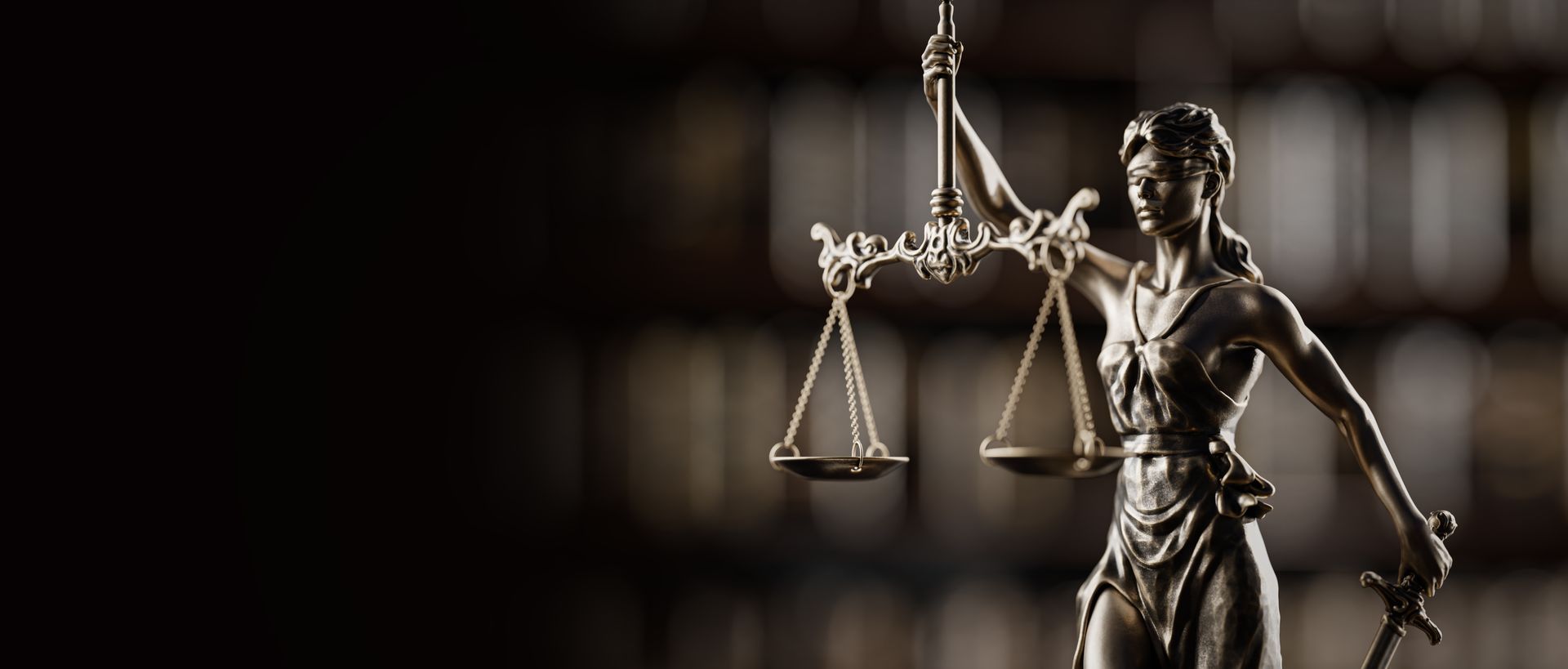

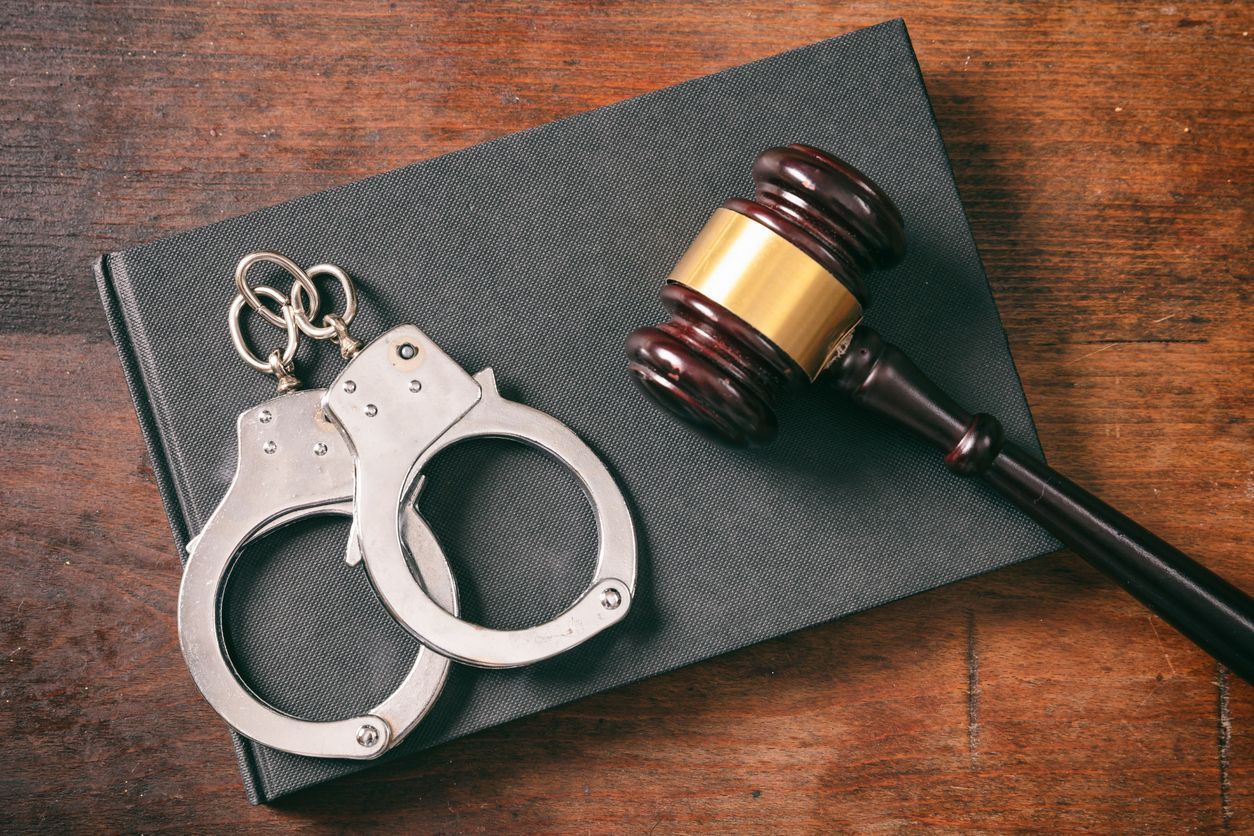
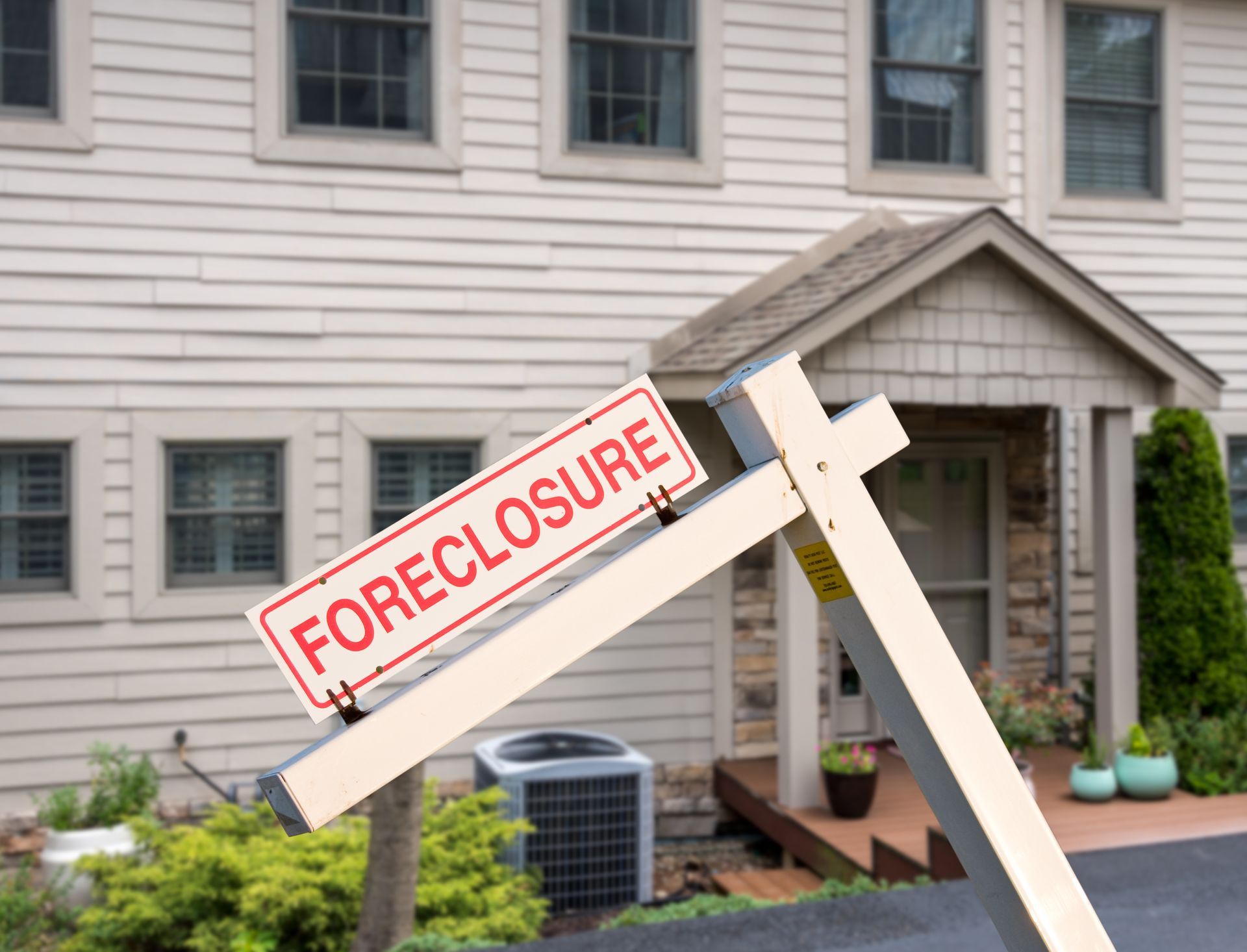

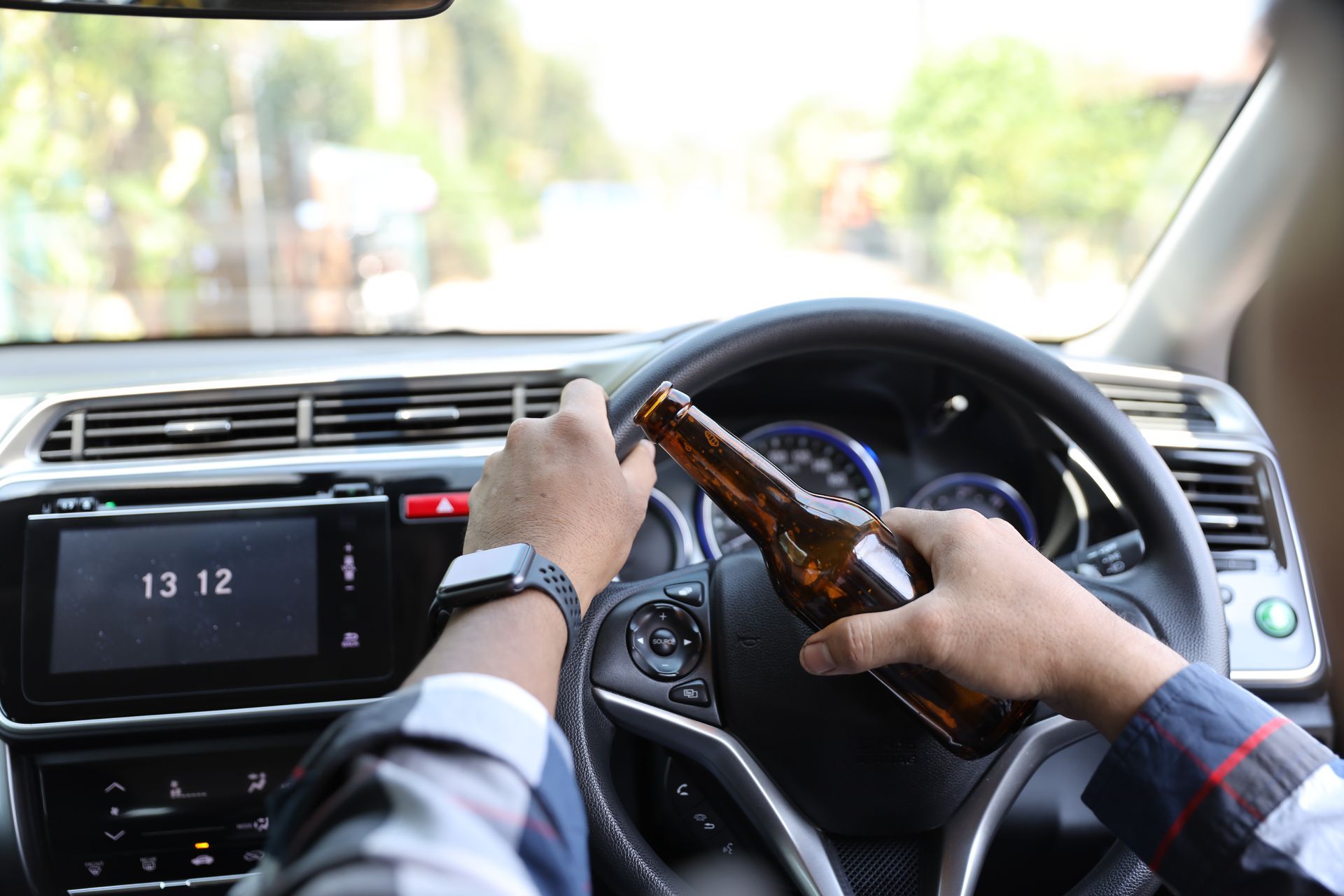


Schedule a Case Evaluation
Contact us now!
Homepage FCE Form
We will get back to you as soon as possible.
Please try again later.
By submitting this form, you agree to be contacted by our law firm, either by phone, text or by email.
Practice Areas
Address
280 North Main St
Suite 6
East Longmeadow, MA 01028
Contact Information
Phone: 413-675-5151
Email: wjoneil2@verizon.net
Disclaimer: The information on this website is for general information purposes only. Nothing on this site should be taken as legal advice for any individual case or situation. This information is not intended to create, and receipt or viewing does not constitute an attorney-client relationship.
All Rights Reserved | The Law Office Of William J. O'Neil | Powered By Convert It Marketing | Privacy Policy
All Rights Reserved | The Law Office Of William J. O'Neil | Powered By Convert It Marketing | Privacy Policy
